Why IoT Startups Are Secretly Building the Future of Smart Everything
How IoT Startups Are Driving Smart Innovation
From smart thermostats to connected health devices, the Internet of Things (IoT) is rapidly reshaping everyday life. Behind much of this transformation are IoT startups, quietly pioneering technologies that expand the boundaries of connectivity. These nimble companies often take risks and push creative limits, enabling smarter homes, cities, industries, and beyond.
Unlike established tech giants, IoT startups can quickly adapt to emerging market demands and technological advances. This agility translates into groundbreaking solutions that large corporations might hesitate to pursue. By leveraging cutting-edge sensors, cloud computing, AI, and edge processing, IoT startups are laying the groundwork for a truly smart everything ecosystem.
Whether it’s improving energy efficiency, enhancing healthcare monitoring, or revolutionizing supply chain management, these startups are shaping the future one connected device at a time. Understanding their unique role reveals why they are essential catalysts in the transformation toward a more intelligent, interconnected world.
Key Technologies Empowering IoT Startups
The success of IoT startups depends heavily on harnessing various innovative technologies. These technologies form the foundation of smart devices and systems that redefine interaction and automation.
Advanced Sensor Integration
Sensors collect critical data ranging from temperature, humidity, motion, to biometric signals. IoT startups specialize in integrating diverse sensors into compact, durable devices that ensure accurate real-time monitoring.
– Environmental sensors for air quality and pollution tracking
– Wearable biometric sensors for health and fitness analytics
– Industrial sensors for predictive maintenance and automation
By refining sensor capabilities, startups enhance device precision and functionality, enabling smarter decision-making.
Edge Computing and AI Analytics
Processing data locally at the edge reduces latency and bandwidth requirements, essential for time-sensitive applications. IoT startups embed AI algorithms within edge devices to analyze data instantly and trigger automated responses.
– Smart cameras with on-device facial recognition
– Industrial machines performing self-diagnostics
– Connected vehicles processing navigation and safety data in real time
This blend of edge computing and artificial intelligence empowers IoT devices to act autonomously without waiting for cloud commands, fostering faster and more reliable smart systems.
Disrupting Traditional Industries with IoT Startups
IoT startups are not just creating new products—they’re transforming entire industries by introducing smarter, data-driven operations.
Healthcare and Remote Patient Monitoring
IoT startups have developed wearables and home devices that enable continuous health tracking outside clinical settings. This shift improves early diagnosis, chronic disease management, and personalized care.
Examples include:
– Smart glucose monitors transmitting real-time data to physicians
– Connected inhalers helping asthma patients optimize medication use
– Remote monitoring systems reducing hospital readmissions
These solutions reduce healthcare costs and increase patient quality of life by extending care beyond traditional environments.
Supply Chain and Logistics Optimization
IoT startups enhance visibility and control across complex supply chains through real-time tracking and condition monitoring.
Key innovations involve:
– GPS-enabled pallets and containers reporting location and temperature
– Automated inventory management using RFID and sensor fusion
– Predictive analytics for proactive maintenance of transportation fleets
Such technologies minimize losses, improve delivery accuracy, and enable sustainable supply chain practices.
Unique Challenges and Opportunities Facing IoT Startups
Despite their dynamic nature, IoT startups encounter a range of hurdles that shape their growth trajectory and innovation approach.
Security and Privacy Concerns
With massive data collection and network connectivity, securing IoT devices against cyber threats is critical. IoT startups must implement robust encryption, authentication protocols, and firmware update mechanisms to maintain user trust.
Startups with strong security by design gain competitive advantages, as consumers and enterprises increasingly prioritize data privacy.
Interoperability and Standardization
IoT ecosystems consist of diverse devices, protocols, and platforms. Lack of standardization can lead to compatibility issues, limiting device integration and scalability.
To overcome this, many IoT startups collaborate with industry consortia and adopt open standards like MQTT, CoAP, and OPC UA, ensuring their solutions fit seamlessly into broader ecosystems.
Investment Trends Fueling IoT Startup Growth
The surge in funding for IoT startups reflects investor confidence in their potential to drive significant economic and technological impact.
– Global IoT funding reached billions annually, with seed and Series A rounds particularly strong
– Strategic investments from major corporations seeking innovation partnerships
– Government initiatives offering grants and accelerators to support IoT entrepreneurship
These financial infusions accelerate product development, market entry, and scaling efforts of IoT startups, helping them compete and lead.
For more insights on IoT funding, visit https://www.crunchbase.com/hub/iot-startups
How Consumers and Businesses Benefit from IoT Startups
IoT startups deliver tangible benefits by making technology more accessible, affordable, and tailored to diverse needs.
Home Automation and Energy Efficiency
Startups develop user-friendly smart home devices that optimize energy usage and enhance comfort without complexity.
Examples include:
– Connected lighting systems adjusting brightness based on occupancy
– Smart plugs and thermostats remotely controlled for convenience and savings
– Water leak detectors that prevent costly damage
These innovations translate into lower utility bills and improved environmental sustainability for homeowners.
Enhanced Business Operations
Enterprises adopting IoT startup solutions report improved asset utilization and operational agility.
Benefits encompass:
– Real-time equipment monitoring reducing downtime
– Automated inventory tracking minimizing human error
– Data-driven insights enabling better strategic decisions
IoT startups provide the tools for businesses to become more responsive and competitive.
Looking Ahead: The Future Trajectory of IoT Startups
As IoT technology matures, startups are expanding into new frontiers and deeper integrations.
– Development of autonomous systems combining IoT with robotics and AI
– Expansion into smart cities with connected infrastructure and transportation
– Adoption of blockchain for secure, decentralized IoT networks
The convergence of these trends suggests IoT startups will play an even more pivotal role in creating an intelligent, interconnected planet.
Understanding the critical impact of IoT startups offers a glimpse into how everyday experiences will evolve, making life more efficient, safe, and convenient.
Embracing innovations from these startups—whether as consumers, investors, or partners—can unlock immense value and help shape the smart future everyone envisions. Take the next step by exploring emerging IoT solutions relevant to your world and joining the movement toward smart everything.
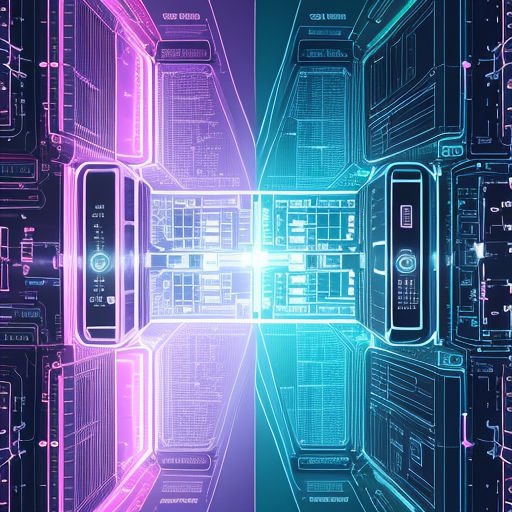


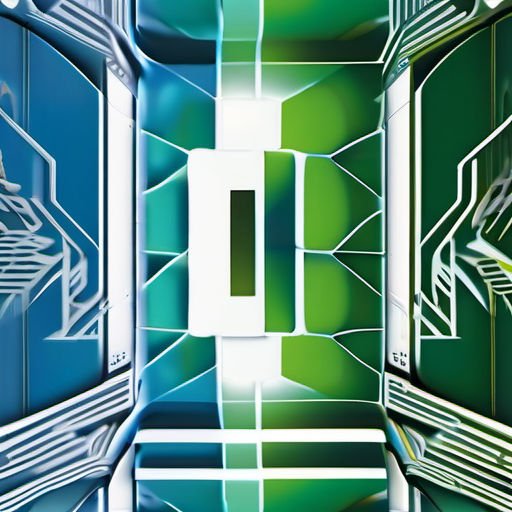
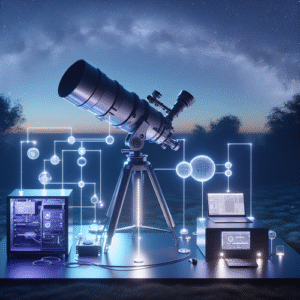
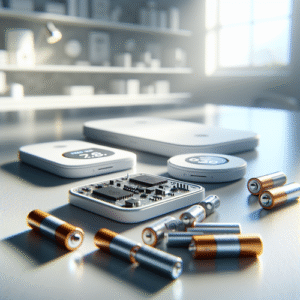
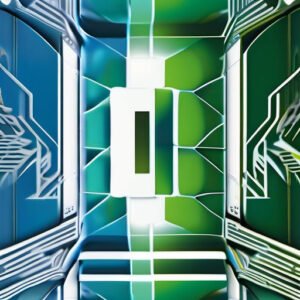



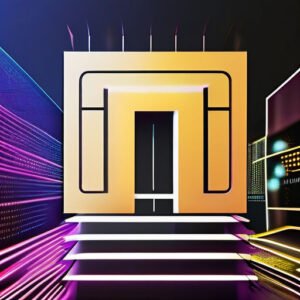


Post Comment